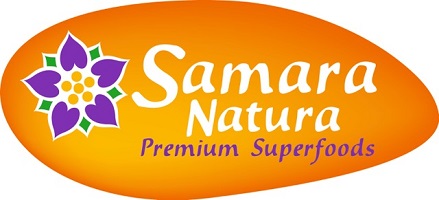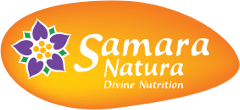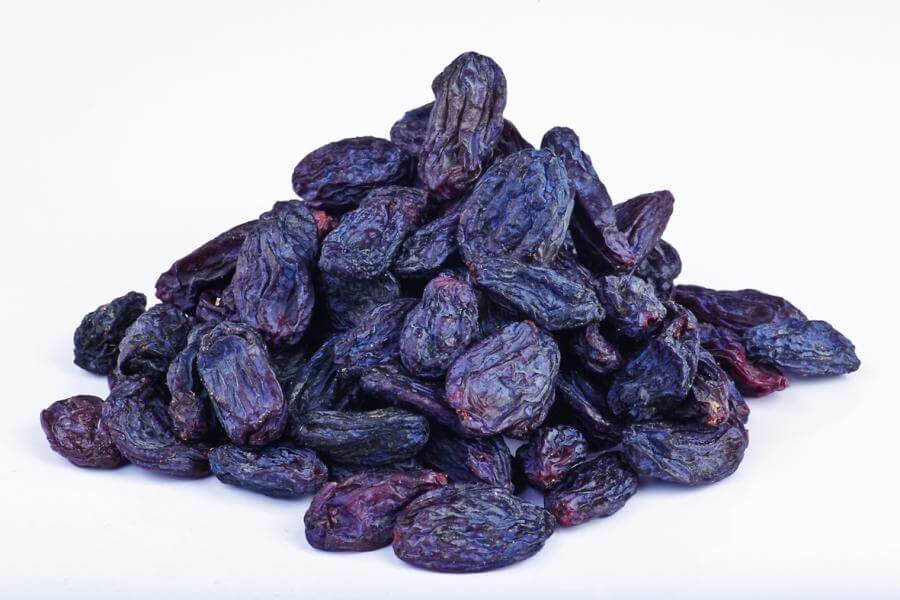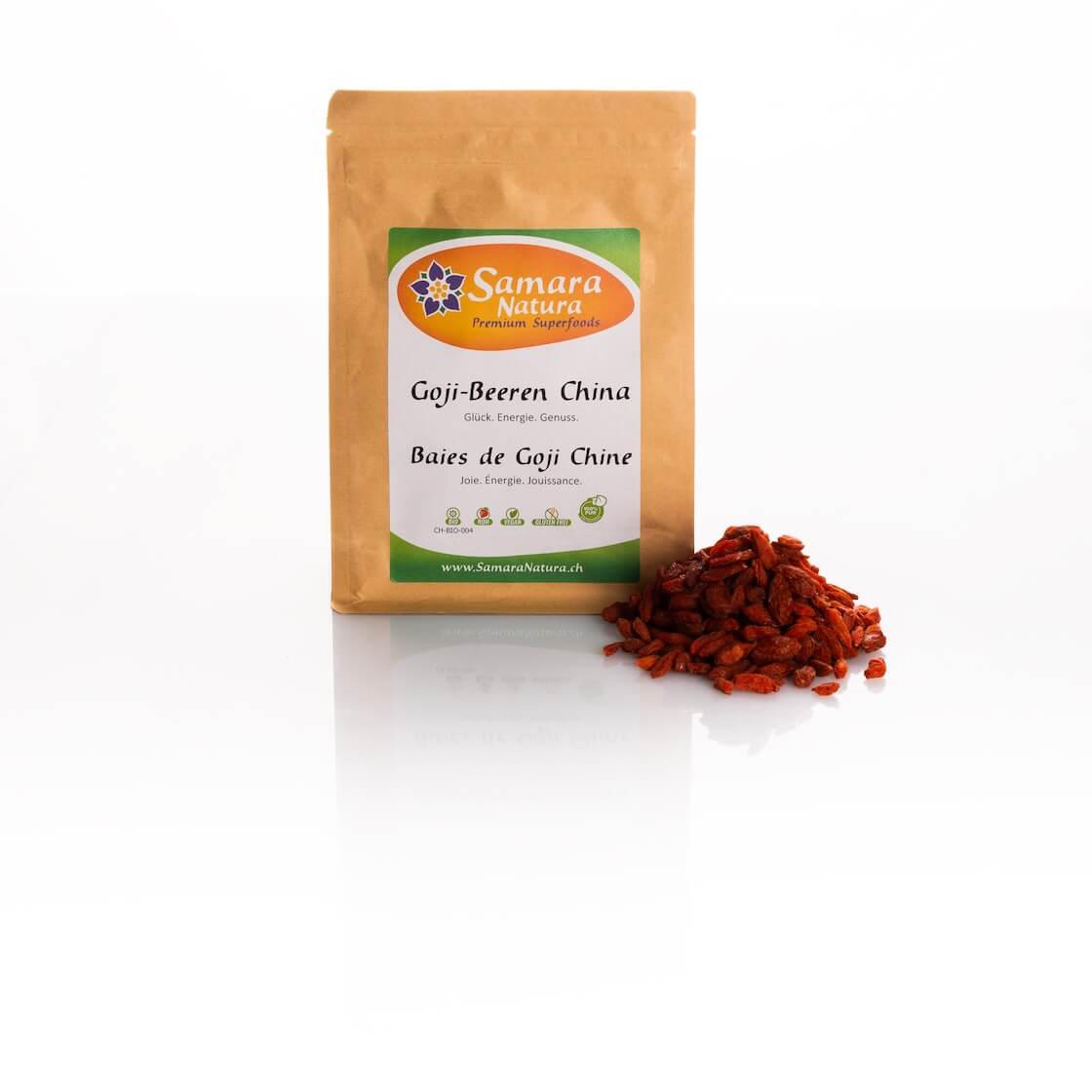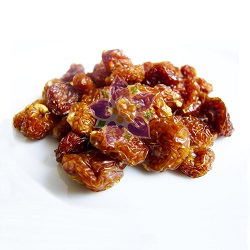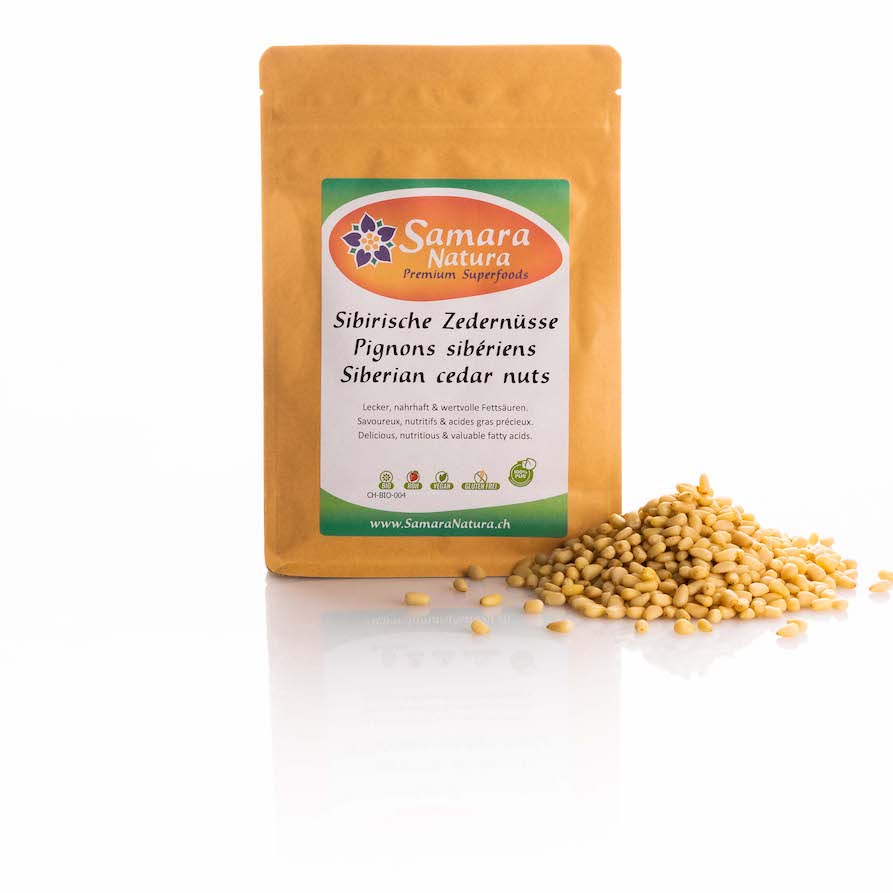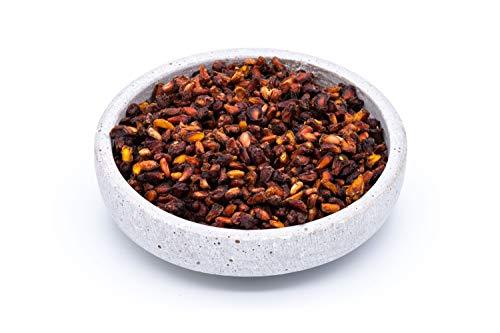| Quantity | Unit price | Base price |
|---|---|---|
| To 2 |
CHF 16.50*
|
CHF 6.60* / 100 Gramm |
| From 3 |
CHF 15.68*
|
CHF 6.27* / 100 Gramm |
Available, delivery time: 1-4 days
Product information "Black Bukhara Raisins Organic "
Organic Black Bukhara Raisins
Organic Fairtrade Dried Black Bukhara Raisins are particularly beautiful, shiny, large black sultanas. The flesh is soft, intensely sweet and fruity, contains no seeds and the skin is firm.
Origin
This sultana owes its name to the city of Bukhara, one of the most important cities in Uzbekistan and a UNESCO World Heritage Site with its numerous buildings. The city was an important centre of the Persian Empire and an important transport hub on the southern Silk Road.
Use
As a snack between meals. Add to salads, muesli and yoghurt or combine with other dried fruit, nuts or cocoa nibs.
Warning: May contain traces of nuts.
Nutritional values of organic black Bukhara sultanas per 100g
Energy value 1262kJ/298kcal
Fat 0.6g
of which saturated fatty acids 0.2g
Carbohydrates 68g
of which sugar 63g
Dietary fibre 3.7g
Protein 2.5g
Salt 0.05g
Login
1 review
20 March 2021 14:51
Die besten Rosinen
Die Bukhara Rosinen aus Usbekistan sind bei Weitem die Besten im Geschmack.
